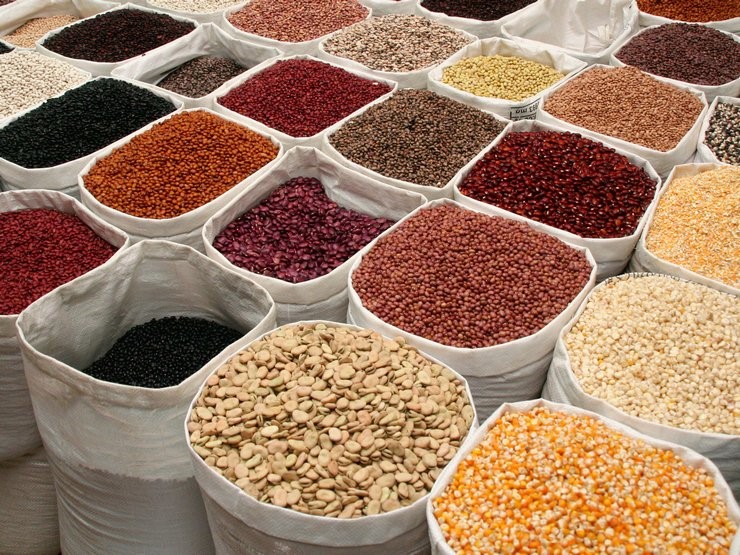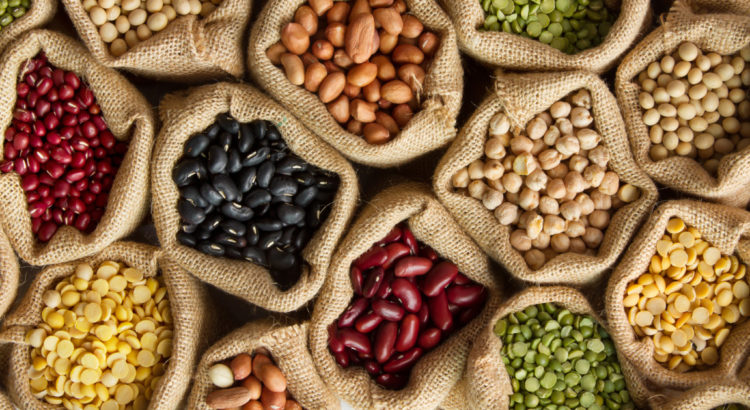DECLARATION ON SEED GOVERNANCE IN AFRICA
WEMembers of the Coalition for the Protection of African Genetic Heritage (COPAGEN), a citizen’s movement and allies (including African society organizations, farmers’ organizations, human rights associations and consumer movements), analyzed the evolution of seed governance in Africa during a webinar (online meeting) held on September 9, 2022. The theme of this exchange is: “Peasant seed systems in the face of the harmonization process of seed regulation frameworks in West Africa: Challenges and prospects”.
The communications, the exchanges and the various contributions made it possible to elaborate the following Declaration:
At a time when regulations around the world are encouraging the protection of biodiversity and the strengthening of farmers’ rights to freely exchange, save and market their seeds, the African Union’s guidelines on the harmonization of seed regulatory frameworks in Africa run counter to this positive development.
The fact is that they (the guidelines) promote the forced transformation of the African seed heritage into a seed industry by adopting the three pillars of the framework set up in Western countries at the end of the Second World War and which industrialists are seeking to impose on all the countries of the planet within the framework of the globalization of commercial exchanges
This situation is detrimental to human rights in general, and in particular to the promotion of Farmers’ Rights (as specified in Article 9 of the International Treaty on Plant Genetic Resources for Food and Agriculture) and Peasants’ Rights (as enshrined in the United Nations Declaration on the Rights of Peasants and People Working in Rural Areas)
GREATLY CONCERNED by this process that will jeopardize the future of millions of people whose livelihoods depend on family farms and peasant seed systems, we question the real motives behind this initiative.

Indeed, the position of the African Union Commission, which leans towards seed certification, registration and protection of industrial seeds, inspired by the capitalist and imperialist model of the post-World War II era, leaves no doubt about the blatant bias of the continental institution in favor of the seed industry, to the detriment of the interests of African peasants and farmers.
STRONGLY RECALLING that these farmers and peasants who generally work on small plots of land with very little means are nevertheless the main artisans of food security and sovereignty in Africa.
In view of the above,
WE CALL ON THE AFRICAN UNION AND ITS MEMBER STATES TO:
1. Ensure that seed processes on the continent are driven in parallel by farmers’ collectives, not by the seed industry. Any process aimed at establishing peasant seed systems must guarantee the full realization of peasants’ rights as human rights and ensure adequate geographic representation of peasant organizations from across the continent from the outset and at all stages of the decision-making processes.
2. Ensure that processes related to the future of the continent’s seed and food systems are subject to full democratic procedures in which interest groups (including local communities, peasants, farmers and consumers) participate effectively and fully, in accordance with the relevant provisions of international conventions.
3. Improve the continental guidelines for the harmonization of seed regulatory frameworks in Africa (AUC/DREA/C/036), drawing on seed regulatory frameworks proposed by African civil society organizations to better meet the requirements of international instruments for farmers’ rights and biodiversity promotion.
WE ARE COMMITTED TO :
1. Promote, at all levels and with all stakeholders, alternative regulatory frameworks for seed governance that support peasant seed systems, farmers’ and peasants’ rights to seeds and biodiversity, as a sui generis option for protecting African genetic resources.
2. Use all legal means to prevent “seeds of plenty” from becoming “seeds of doom”.
3. Denounce bio-piracy and work for the respect of the rights of farmers and peasants over their seeds in all countries of the continent.
4. Support the revision of national seed laws and policies to promote farmer seed systems (FSS).
Dated September 9, 2022.









